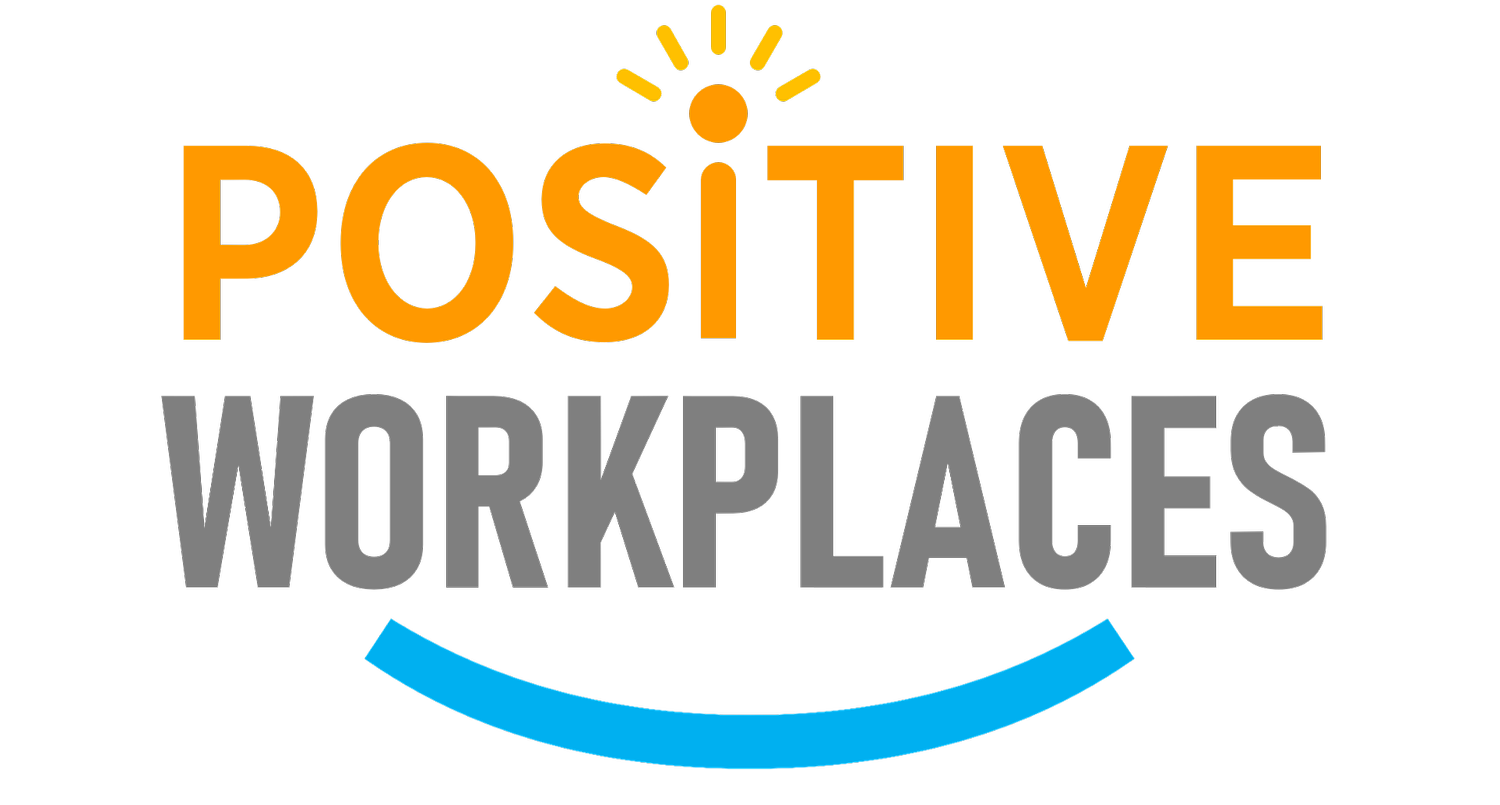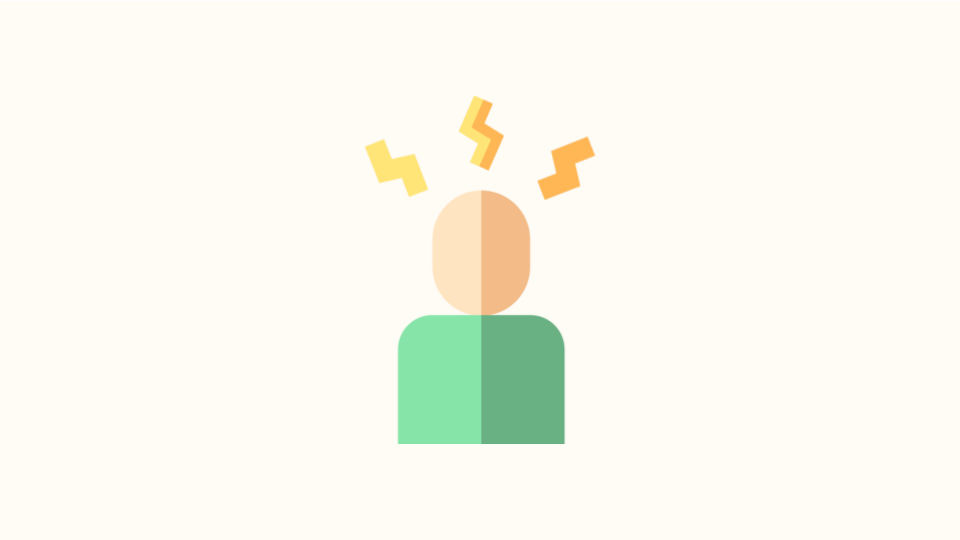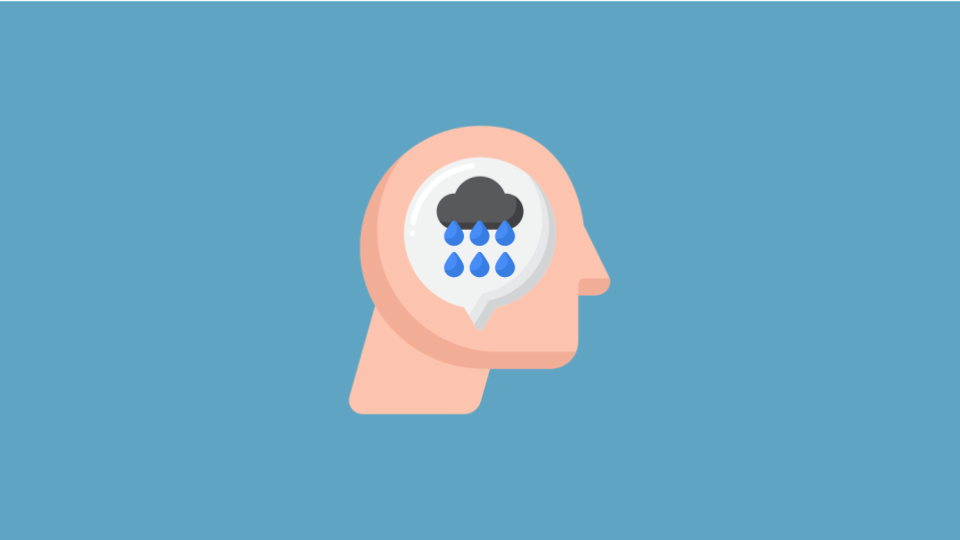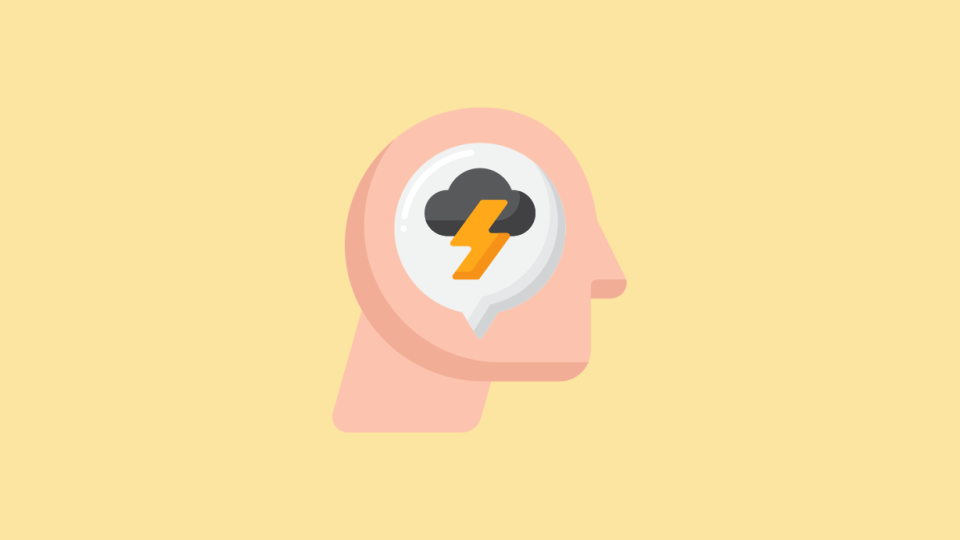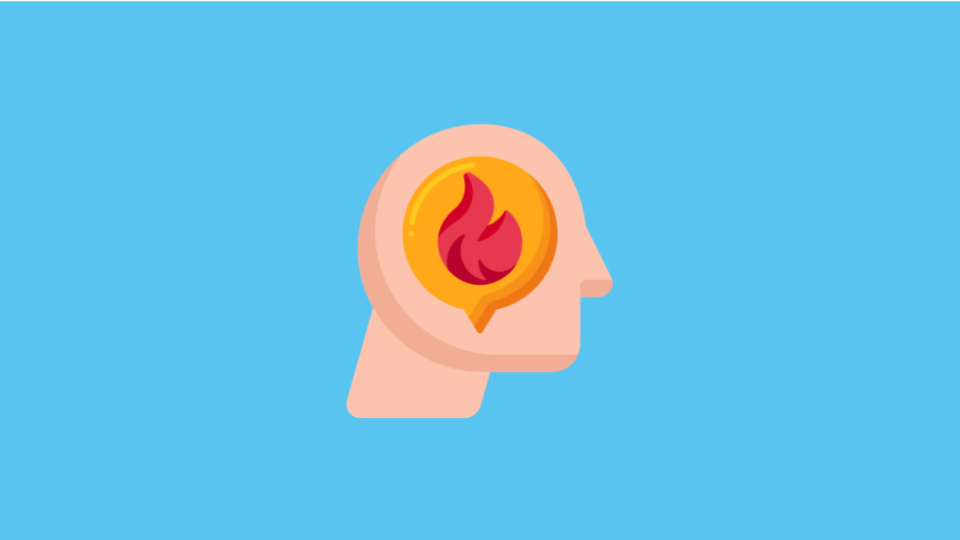Stress Management: Types of Stress and How to Cope with Them
Have you ever felt the sudden flurry of emotions because of an unexpected event? Have you ever felt worn out after continuous bombarding days at work? Have you ever just felt like every little thing was weighing you down, energy-drained every day, and slowly failing to see the wonder in things?
We’ve all been there—we’ve all had stressful days. But it doesn’t make those moments any less difficult to deal with.
Especially with the ongoing pandemic, everyone’s going through their own stresses in life. Be it through personal or professional affairs, individual or social concerns, situational or impending occurrences: we all experience some level of stress.
But how exactly do we deal with stress? How do we even know we’re stressed? If we are, how do we alleviate it?
It takes a combination of knowing your type of stressor, your lifestyle and/or personality, and the most appropriate coping mechanisms or strategies in order to effectively relieve stress.
What is stress?
It’s easy to say we’re stressed, but what exactly is stress? What does it feel like?
Stress may be any form of change that induces physical, emotional, or psychological tension. It’s our body’s way of telling us something needs to be attended to or acted on. We all experience stress to some extent, but the ways we respond to them differ based on our situation and personal dispositions.
Stress triggers a fight-or-flight response so you and your body are alerted about an incoming danger, leading you to either avoid it (flight) or face the challenge head-on (fight). When you recognize a threat, different hormones and chemicals (e.g. adrenaline and cortisol) are released throughout your body. These can trigger different physical, cognitive, and psychological changes in order to adapt.
The nature of stress can vary. Contrary to popular belief, stress can either be positive or negative, depending on its causes and manifestations. Eustress (or positive stress) helps keep you motivated, improves your overall performance, and gets you excited and ready to face the challenges coming your way. On the other hand, distress (or negative stress) is the stress we’re most familiar with—an unpleasant, anxiety-inducing, and burdensome situation.
Understanding how stress impacts your own physical and mental health will be the key to reducing it and may even help you identify it before it gets out of hand. It’s also important to recognize how your physical and mental activities and well-being may also impact your levels of stress.
What are the signs of stress?
Stress manifests in different ways. It may be short-term or long-term. It may vary based on the situation. Similar to how we experience the same emotions differently, we can experience and perceive stress differently as well.
Here are some common signs and symptoms of stress:
mood swings
decreased sex drive
difficulty sleeping
dizziness and nausea
frequent illness
headaches and muscle pains
quickened heartbeat
excessive sweating (especially in the palms)
diarrhea (and other digestive problems)
sense of anxiety
fatigue and reduced energy levels
trembling or fidgeting
This isn’t an exhaustive list. Stress isn’t easy to recognize, but there are common signs that may help you identify moments of stress. The sources may be obvious or in plain sight, but more often than not, even little daily stresses can be easily overlooked: school, work, expectations, strained relationships. These may all be slowly affecting our well-being without us even noticing it.
There are several things to look out for when trying to point out more subtle forms of stress:
Physical Signs: high blood pressure, frequent colds or infections, and even changes in food intake may be indications that something’s not right with your current situation
Emotional Signs: alongside mood swings, feeling excessively angry or irritated for no reason and even simply feeling a lack of any emotion may be an indication that you’re going through some form of unrest
Behavioral Signs: ignoring your daily routines, barely having time for rest or enjoyment, and avoiding certain people, things, or activities may hint at higher levels of stress
Psychological Signs: having a hard time focusing, feeling heavily melancholic, struggling to remember things, and constantly worrying are telltale signs of persevering stressors in your life
What are the causes of stress?
Finding out whether we’re stressed or not may be difficult for some, but pinpointing the stressors themselves may be even more challenging. With so many things going on around us and so many emotions coalescing inside us, it’s not that easy to identify which among these several experiences is the cause of it all. Often, it’s not one event or occasion. More likely than not, it may be a combination of events that have been piling up without us realizing the growing tension.
Much like the indicators of stress, there’s no ‘grocery list’ that will accurately identify what makes you feel stressed. The key thing to remember is to be honest with yourself and to be reflexive about your situation.
Here are some examples of the frequent causes of stress:
Financial problems: debt, unemployment, lack of necessities, economic instability
Work: workload, expectations, poor work environment, difficult relationship dynamics, burnout
Personal relationships: lack of intimacy, lack of communication, strained relationships, abuse, excessive negative emotions (e.g. insecurity, jealousy)
Personal problems: uncertain future, isolation, social anxiety, addiction and destructive habits, despondency
What are the types of stress and how do I deal with them?
This is arguably the most important part of the process. It isn’t enough to know we’re stressed and what causes it; many of us want to relieve ourselves from its burden. For some, it may be as simple as getting proper rest. For others, it may be indulging in their pastimes or spending time with family. But many of us may find that the coping mechanisms and strategies we’ve seen online or heard of friends may not necessarily work.
If you find yourself in this position, know that there’s nothing wrong with you. This is normal.
What may be wrong, if anything, would be the coping technique you’re adopting. Different types of stress are experienced differently, and as such, they demand different types of means of alleviation.
Here are the most common types and a few tips on how to combat them.
Acute Stress
Acute stress is the most common kind. Everyone’s experienced it at least once. It’s the feeling you get when faced with any new or challenging situation. It’s the kind of stress brought about by the body’s immediate reaction to such an event, like witnessing a car crash, hearing you failed an exam, or even forgetting to bring your wallet to the mall.
This form of stress comes suddenly and unexpectedly but goes just as quickly. It throws you off-balance for a moment, but it isn’t too difficult to pick yourself back up from.
Acute stress can be immediately reversed with simple relaxation techniques like:
Breathing Exercises: a simple trick that can help convince your body to quickly calm down.
Muscle Relaxation: by alternating between tensing and relaxing your muscles, you can easily reduce your overall body tension in a few minutes.
Changing Mindsets: altering the way you perceive or process a situation or event may do wonders to how you feel.
Meditation: the all-too-familiar method of practicing peace and calm is a guaranteed way to help ease yourself of any troubles.
Episodic Stress
Episodic stress may occur when you experience frequent episodes of acute stress. If you’re often worried or anxious about the future, and you feel like everything is in disarray—that nothing’s in your control—then you may be feeling episodic stress.
Some may even identify this as a kind of emotional stress. It may be a more overbearing form of stress compared to the other types as its causes may have deep roots in our relationships. When the constant stabilities in our life, such as friends, family, and routines, become constant stressors, it’s often a clear sign that you’re experiencing episodic or emotional stress.
Episodic stress can be relieved through techniques that focus more on processing tensions and enhancing our resilience towards these emotional stressors. Some examples include:
Talking to a Friend: an often overlooked method, the mere act of asking someone to lend an ear for you to vent out your worries can go a long way.
Practicing Mindfulness: being mindful of your situation, your surroundings, and your innermost thoughts and emotions can help you remain fixed in the present.
Writing a Journal: different journaling strategies may help you practice gratitude, reflect on your daily life, and even help spot points of tension and opportunities for improvement.
Listening to Music: sometimes the key to turning a bad day around is by drowning out the noise with a more relaxing atmosphere—don’t take these melodious tunes for granted.
Talking to a Therapist: sometimes our stresses may require professional help—and that’s alright. If you feel like you need more facilitated assistance, don’t hesitate to reach out to a professional in your area.
Chronic Stress
A high level of stress for a prolonged duration of time is a glaring sign of chronic stress. If you feel drained, lack motivation, feel like everything’s pointless, or just feel devoid of it all, there’s a high chance you’re experiencing chronic stress.
Chronic stress poses a threat with several health concerns such as cardiovascular disease, digestive issues, depression, anxiety, and other conditions. It’s crucial to handle and manage chronic stress with care.
This type of stress demands a combination of both short-term (similar to acute stress) and more longer-term stress relievers and habits. A few effective techniques are:
Exercising Regularly: frequent exercise can help stimulate the body and mind in positive ways in order to build resistance to stress
Building Strong Relationships: maintaining stable support systems for times of need is undeniably effective as a fallback coping mechanism
Channeling Positive Emotions: being able to tap into your positive emotions will not only help you feel better but will help you expand your horizons in order to prepare yourself for the uncertain future
Eating Healthy: poor dietary habits may slow down your performance, but fueling your body properly can help restore your energy levels and aid in combating fatigue
Regular Meditation: brief meditations may help in dealing with immediate stressors, but practicing regular and frequent meditation may help build a holistic resistance to stress
